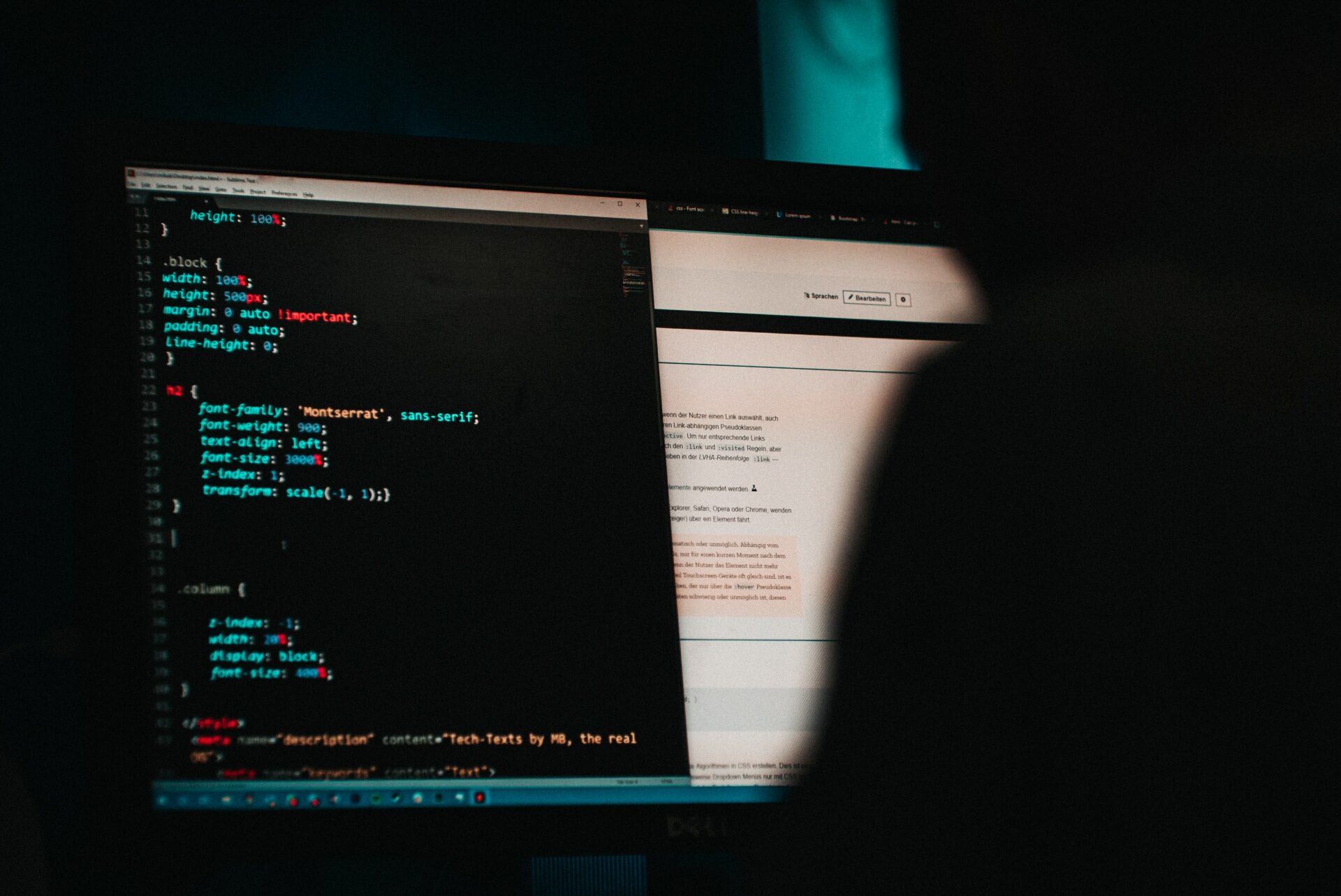Cyber Security Needs to Be Prioritized
The technology sector has brought hope to millions worldwide. It has generated higher incomes for many, extended several conveniences, and with the pandemic – technology allowed some sense of normalcy to prevail. But as with any innovation, there are always security loopholes that some people will try and exploit.
With the majority of countries pressing towards total digitalization, there is need to carefully guard the security of underlying systems. Many organizations—from small firms to national administrations—sometimes overlook building data security. How can cyber security be better explained and deployed?
To address such concerns, Horasis is organizing the Horasis Global Meeting on 08 June 2021. The one-day virtual event will see participation from diverse backgrounds, spanning members of governments, businesses, academia, and the media to deliberate on pressing issues and arrive at workable and sustainable solutions.
Cyberattacks Occur with Alarming Frequency
By 2017 itself, cyberattacks had become commonplace in the US, so much so that one computer was attacked every 39 seconds. Such security breaches can have far reaching implications, especially when servers of organizations and governments are hacked into. Cyberattacks, for instance, can bring an entire city to a standstill. Case in point being the SamSam ransomware attack that led to a complete network outage in the US city of Atlanta in 2018 for five days. The attackers demanded a $51,000 ransom in bitcoins. Although this might seem a paltry sum when holding an entire city “hostage”, the ensuing recovery costs were significant – totalling over $10 million. This wasn’t an isolated attack on a city’s infrastructure; Colorado’s Department of Transportation also fell victim to SamSam.
Even large tech companies such as Facebook and Yahoo have been targets. In September 2018, Facebook reported that hackers had gained access to 50 million users accounts. And among them was even Mark Zuckerberg’s account. Yahoo, meanwhile, has suffered multiple intrusions – the most severe being in 2014. At the time, hackers made off with information related to 500 million accounts.
In UK, the National Health Service faced an attack that resulted in significant clear up costs being incurred. The WannaCry ransomware caused an estimated loss of £92 million.
The Threats Will Become More Serious
Modern technological wonders offer unparalleled benefits. With the rollout of 5G networks gathering momentum, there is promise of unlocking immense potential across industries – spanning education, healthcare, logistics, and retail, among others. 5G enabled IoT devices will make light of numerous tasks that currently demand in-person engagement. Estimates suggested that by 2020 itself, there would be an estimated 200 billion connected devices in use globally. However, greater uptake in connected devices also signals a higher risk exposure to cyber threats. In fact, the very systems that are enabling automation of mundane tasks can well be used to launch an automated attack.
Data security is, therefore, a prerequisite for any individual or organization. Connected systems are here to stay and their usage has more benefits than downsides. However, the installation of defense mechanisms that thwart cyberattacks, are an absolute must.
Steps to Prevent Cyberattacks
The first component to preventing cyberattacks is to generate awareness. It must feature as an integral part of orientation or ongoing upgradation programs for both existing employees and new recruits. This way, each individual is entrusted with assuming steps that will safeguard organizational interests. Artificial intelligence powered tools such as ThreatCop can be used for employee trainings, where simulated attacks are used to explain defense mechanisms.
In addition, a phishing incident response tool like TAB, or Threat Alert Button, can help repose power in employees. TAB allows its users to detect and report any communication—such as e-mails—that may contain suspicious content. This can be an effective primary tier in pre-empting more severe attacks. In fact, 95 percent of successful security breaches occur through e-mail. The company also highlighted that by the current year, cyberattack related costs will have totaled $1 trillion.
Organizations must also conduct a vulnerability assessment and penetration test at regular intervals. It allows detecting possible weak links in ICT equipment. Furthermore, there is no substitute to keeping systems updated. Security updates and installations must be performed without fail.
Cyberattackers, ultimately, are extremely smart tech experts themselves. Failure to stay ahead of the attacker could mean setting oneself up as an easy target. One must also bear in mind that preventive cybersecurity costs are actually miniscule when compared to the enormous clear up costs. Investing in cyber security is no longer an option. It needs to be prioritized and governments and business that do so sooner are likely to be better prepared and thwart cyberattacks in the future.
Photo Caption: Laptop and photo of a potential hacker.



